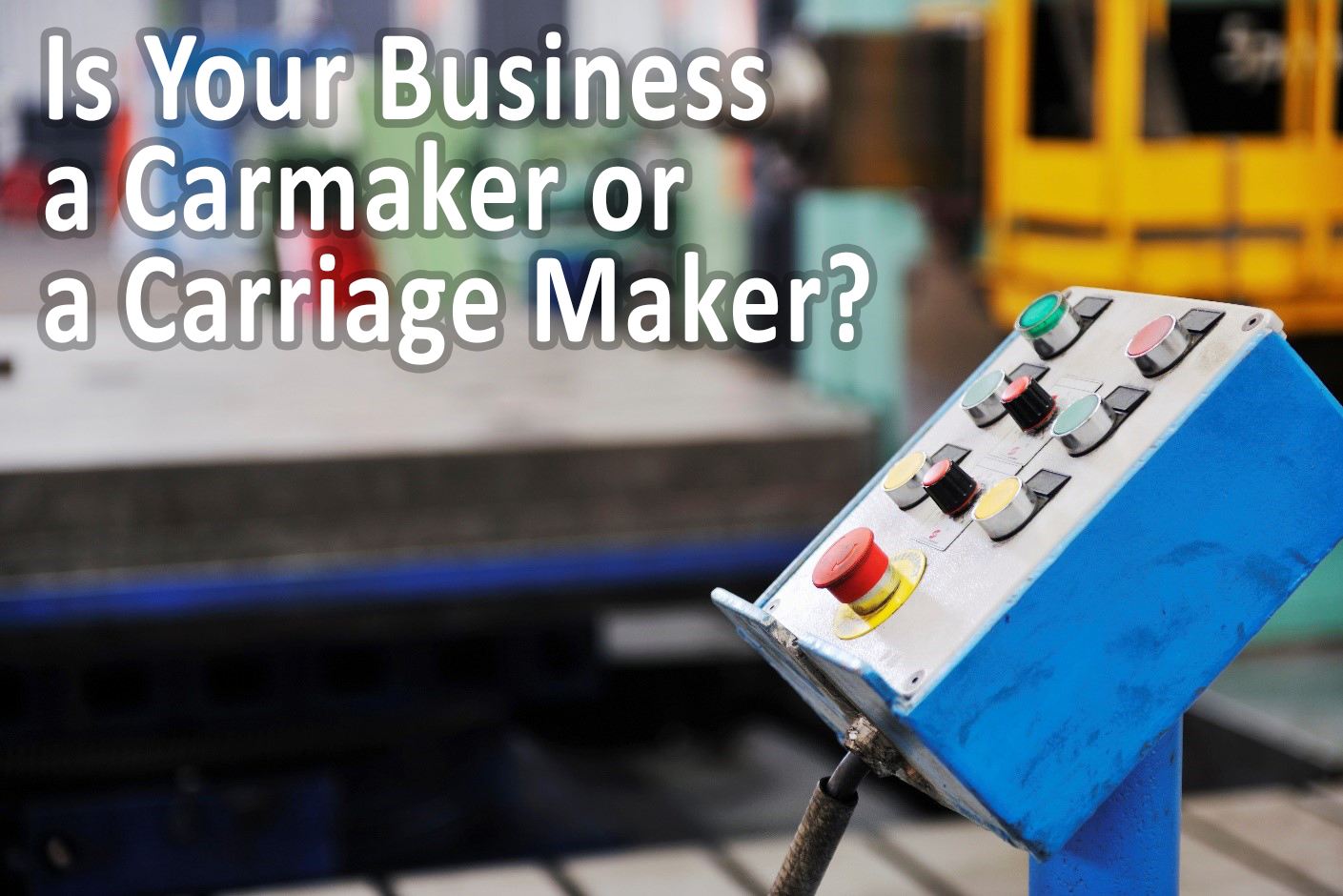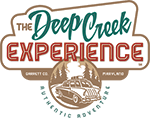Is Your Business a Carmaker or a Carriage Maker?

Henry Ford didn’t invent the automobile. He didn’t invent the assembly line either, but he found a way to use the technology to place cars in the hands of a large percentage of the population who couldn’t previously afford them.
His less than egalitarian views of the customer are the kinds of things legends are made of. He’s believed to have said, “If I had asked people what they wanted, they would have said faster horses.” Scholars argue over whether he said that or not, as well as his famous quote about car color choice, “you can have any color you want as long as it’s black.” We’ll never know whether he did or didn’t say those things but the idea of giving your audience/customers what they want versus what you envision for them is becoming less widely debated.
Car, Carriage, or Flying Saucer?
In the quote about faster horses, Ford believed he knew best. He had an innovative idea to get a known product into more hands; to manufacturer it cheaper; and provide steady income to a dependable workforce. He was doing something others weren’t, even if he hadn’t created the product or the method.
In today’s business world, it’s difficult to create something entirely new, something no one has seen before. You’re no longer competing with the same businesses in your town. You’re competing with people across the world.
You can decide to produce cars, carriages, or flying saucers in your business. “Cars” are ideas, products, or services that already exist. To thrive in a “car-selling” environment, you must do something in your business that helps you stand out. Offer something in some way that no one has experienced before. For Ford, that was mass producing an affordable automobile.
Businesses that sell “carriages” recognize a successful product or service that is in demand and keep selling it. After all, it was popular last year. Why won’t it be popular next year? Most businesses fall into this category.
“Flying saucer” businesses are those that create something that only lived in people’s imaginations prior to them bringing it to market. They capture our attention with that lightning strike of any idea that is thrilling and concerning. They open doors that can never be shut again. It takes a special kind of fluffy unicorn of an idea to find your business in this category.
Is Your Business the Car or the Carriage?
Maybe you are a wizard and prone to exquisite flights of fancy and the idea for the next iPhone is percolating in your subconscious. Good. Stop reading here and go get a patent.
If that’s not the case, and you’re trying to figure out if you are a car- or a carriage-maker you may be expecting this article to instruct you on how you need to follow in Ford’s footsteps in creating a more efficient means of production. You would expect directions on how to re-envision something that already exists for greater profit.
You’d be wrong.
We have a few flying saucer manufacturers and we have companies that are able to slice and dice the extra fat from their budgets until they are operating one of the leanest environments out there. It’s difficult to compete with these types of corporations, particularly for small businesses.
To stand out in today’s market, without losing your shirt, you want to be a carriage maker.
Why Carriage Makers Rule
Carriage makers are not cutting-edge innovators. They create a tried and true product, but what they do best is what others are not doing nearly enough. They listen to what their ideal customer is asking for. Like the Ford saying – …if I’d asked, they’d have said faster horses – carriage makers listen to the people who are buying from them and give them faster horses.
Since Ford’s time, audiences have taken a more active role in telling companies what they want and expect. Spend some time on social media. Listen what people are saying about your industry and the products or services you sell. You don’t need a costly research and development panel. You can learn what people want for free.
Online branded communities provide insight, along with social media, polls, and surveys. People do business with people they know, like, and trust. One of the easiest ways to get customers to buy from you is by listening to them. Customers love to hear and see their ideas implemented. People who are a part of a process or product are more apt to support it.
The one down side to being a carriage maker is that carriage makers tend to ignore innovation. Chances are you can’t keep providing the same exact product you always have, but you can ensure your innovation is supported by people who buy from you. If you listen to them, you’ll always be in touch with what they want and need.
You can make cars or flying saucers, but the way to stand out in your customers’ minds and capture their hearts is to listen to them. Small businesses have an advantage as carriage makers because they’re closer to their customers, the feedback is more immediate, and implementation is faster. Don’t feel like you have to create something no one has ever heard of to be a success in business. You can do it for a lot less by listening to those who support you.
Christina R. Metcalf (formerly Green) is a marketer who enjoys using the power of story and refuses to believe meaningful copy can be written by bots. She helps chamber and small business professionals find the right words when they don’t have the time or interest to do so. Christina hates exclamation points and loves road trips. Say hi on Twitter or reach out on Facebook.

